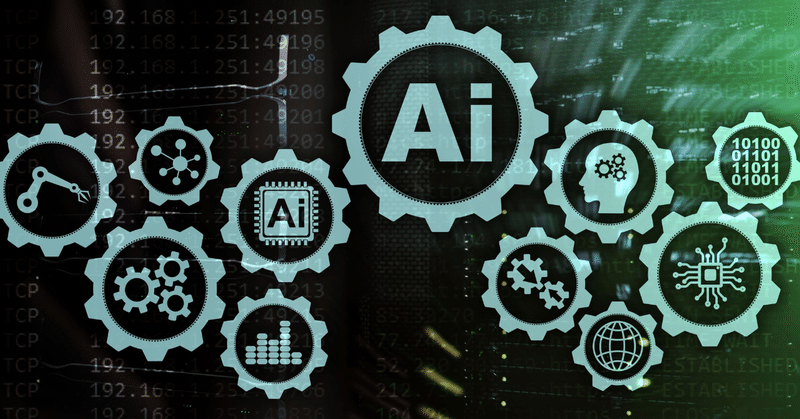
ChatGPTを使って芥川賞受賞。あり?なし?
AI has come to literature!
【会見】芥川賞・九段理江さん、受賞作はChatGPT駆使「5%くらい文章そのまま」https://t.co/DSR369da4T
— ライブドアニュース (@livedoornews) January 18, 2024
「全体の5%くらいは生成AIの文章をそのまま使っているところがある」と述べ「うまくこれからも利用しながら、かつ、自分の創造性を発揮できるような。うまく付き合っていきたい」とした。 pic.twitter.com/3aNTuTcOyg
It was a breaking news that one of the Akutagawa award novelists revealed the use of Generative AI for literature production. It probably seems the first few steps of AI coming into various fields. However, not everybody feels fully comfortable to see such a written art of literature winning one of the historical awards, Akutagawa award. Now, let's take a look at both pros and cons.
Pros:
Innovation in Storytelling:
AI-generated novels can push the boundaries of traditional storytelling by introducing innovative plot structures, unconventional narratives, and unique perspectives that human authors might not have explored.
Efficiency and Speed:
AI has the ability to process vast amounts of data quickly, enabling the generation of novels at a faster pace. This efficiency could be beneficial for meeting deadlines and addressing the demands of a rapidly evolving literary landscape.
Diversity of Styles:
AI algorithms can mimic various writing styles, allowing for a diverse range of novels that cater to different tastes and preferences. This inclusivity could open up new avenues for readers who seek fresh and distinct literary experiences.
Potential for Collaboration:
Writers could collaborate with AI systems, combining the creativity of human authors with the analytical capabilities of machines. This partnership might result in groundbreaking works that seamlessly blend human intuition with AI's data-driven insights.
Cons:
Lack of Genuine Creativity:
Critics argue that AI-generated novels lack the genuine creativity, emotional depth, and authentic human experiences that characterize traditional literature. The emotional resonance and connection between readers and authors may be compromised.
Ethical Concerns:
The use of AI in literature raises ethical questions about authorship, intellectual property, and the potential exploitation of AI-generated content. Determining rightful ownership and acknowledging the contribution of algorithms becomes a challenging aspect.
Loss of Human Touch:
Literature is often celebrated for its ability to convey the depth of human emotions and experiences. AI-generated novels may fail to capture the nuances of human expression, leading to a loss of the personal and relatable touch that human authors bring to their work.
Job Displacement:
As AI becomes more involved in the creative process, there are concerns about the potential displacement of human writers. The fear is that relying on AI for content creation may diminish opportunities for aspiring authors and stifle the growth of the human literary community.
Conclusion:
The debate over whether AI-generated novels should be accepted in literary competitions is a multifaceted one, with valid arguments on both sides. While AI brings innovation, efficiency, and diversity to the literary landscape, it also raises ethical concerns and challenges the essence of human creativity. Striking a balance between the benefits of AI assistance and the preservation of authentic human expression is crucial as we navigate the evolving relationship between technology and literature.
Now, what do you think about this issue? The debate question asks you, "Should novels written with AI assistance be considered as a genuine novel?" Please take a stance and support it with two reasons!
この記事が気に入ったらサポートをしてみませんか?
